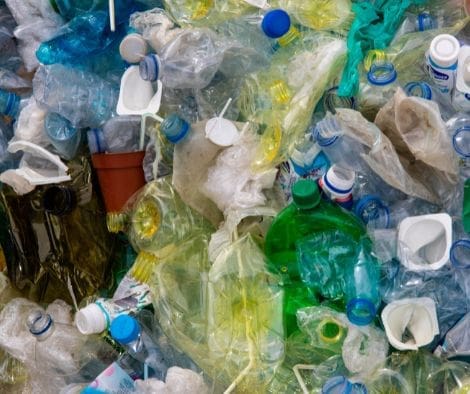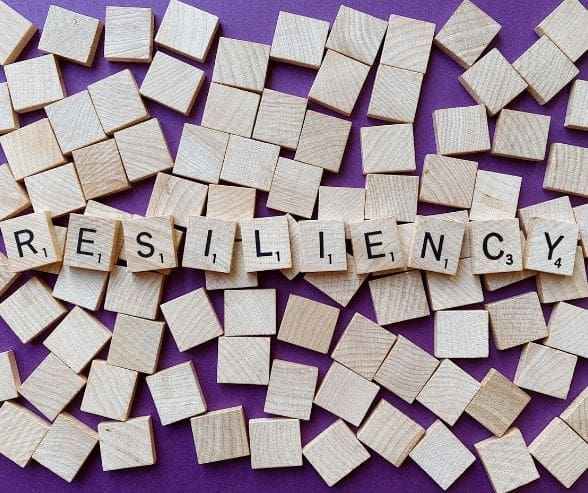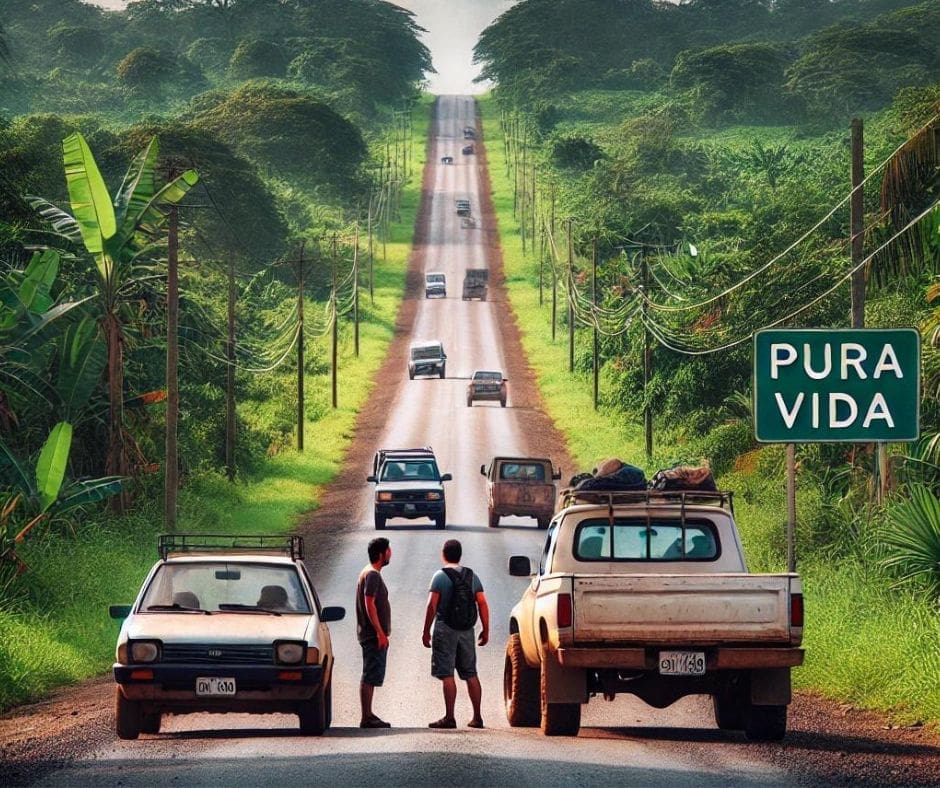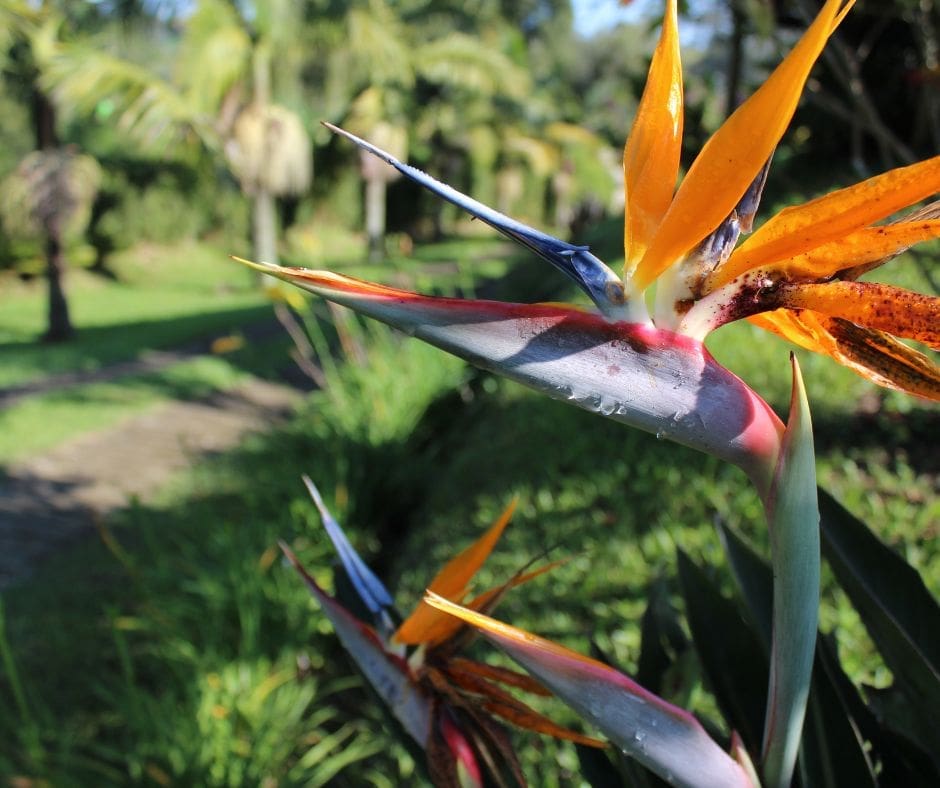
Investment vs. Environment: The Complex Dynamics of Foreign Capital in Costa Rica
Assessing the Dual Impact of Foreign Investments in Costa Rica
Costa Rica celebrated for its rich biodiversity and environmental stewardship, faces the multifaceted impacts of increasing foreign investments. These investments, primarily directed towards the real estate and tourism sectors, boost the economy and lead to substantial infrastructural developments, particularly evident in regions like Guanacaste. Here, luxury developments have not only spurred local economies by creating thousands of jobs but also attracted further international business, boosting the demand for a myriad of local services from dining to entertainment, thereby enhancing employment opportunities for residents.
Similarly, infrastructure in tourist-centric areas such as Manuel Antonio and Jacó has seen significant improvements. Upgrades to roads, telecommunications, and public utilities have dramatically enhanced residents’ quality of life and augmented the appeal of these locations to tourists and new investors, fostering a cycle of continued economic prosperity.
However, the rapid development accompanying these investments poses severe threats to Costa Rica’s environmental treasures. For instance, in the Osa Peninsula, large-scale construction projects are causing deforestation, disrupting wildlife habitats, and increasing pollution—undermining the natural allure that is central to Costa Rica’s tourism industry and threatening the biodiversity upon which many species rely. This environmental degradation risks tarnishing Costa Rica’s image as a conservation leader, potentially impacting its tourism sector that heavily markets its green credentials.
The social and cultural impacts of these developments are profound. The influx of foreign residents and the commercialization in areas like Escazú and Santa Teresa have escalated living costs, pushing local populations to the margins and creating sharp socioeconomic divides. These regions are witnessing a dilution of local customs and lifestyles, replaced by a more globalized, often Westernized way of life, which could erode the rich community fabric that defines them.
Moreover, the increasing dependency on foreign capital raises concerns about national sovereignty. Costa Rica’s growing reliance on international investors may limit its autonomy in making policy decisions, especially concerning environmental regulations and economic development. This could lead to a scenario where decisions favor foreign interests, potentially prioritizing short-term economic gains over long-term sustainability and risking the country’s ability to independently manage its developmental path.
The uneven distribution of economic benefits from foreign investments further exacerbates wealth disparities within the country. While areas with heavy tourist traffic flourish, less developed regions may see little benefit, heightening feelings of disenfranchisement and deepening social inequalities.
To mitigate these issues, Costa Rica must strengthen its environmental regulations and ensure that development projects align with strict ecological standards through thorough, transparent impact assessments that include community input. This approach ensures projects are environmentally and socially responsible.
Additionally, economic strategies must aim to evenly distribute the benefits of foreign investments. Supporting small businesses, local artisans, and community initiatives can help spread economic gains more broadly, helping to alleviate inequalities and promote a more integrated society.
While foreign investments offer significant opportunities for economic growth in Costa Rica, they also bring challenges that could undermine the nation’s environmental and social integrity if not carefully managed. Policymakers are tasked with balancing economic development with the preservation of Costa Rica’s environmental and cultural heritage. The decisions they make will determine whether Costa Rica can maintain its esteemed status as a global leader in sustainable and inclusive development amid increasing global economic pressures.




